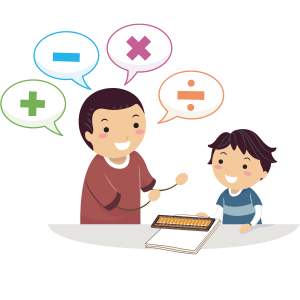Learn Abacus
at Home
Build Early Math Skills with Japanese Soroban
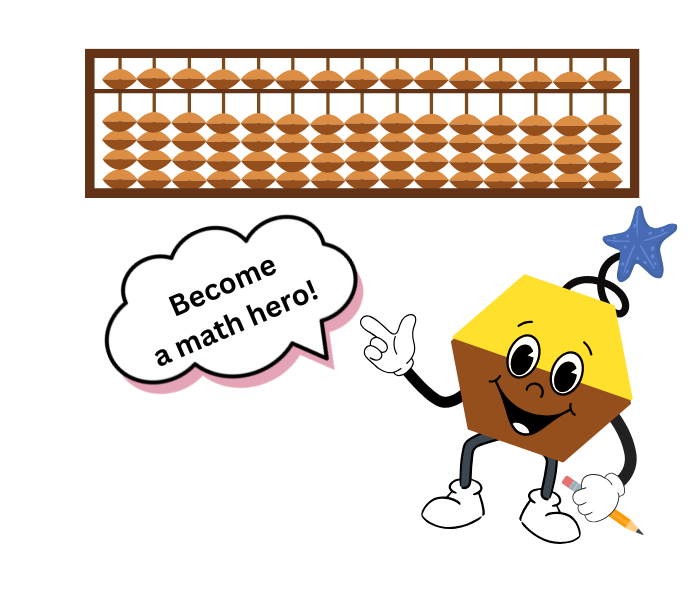

Hi! I’m Big Y—a high school student who’s been learning the Japanese abacus for over 8 years.
What started as a simple tool in kindergarten turned into my secret weapon for excelling in math and building real-life skills like focus, patience, and confidence. Now I’m creating videos and worksheets so more kids can learn abacus at home.
👉 Want to know how abacus helped shape who I am—and why I believe it can turn any kid into a math hero?
[Click here to learn more about me and abacus learning.]

Why developing early math skill is important?
We all understand the importance of mathematics. Parents realize that success in math is vital for their children’s growth in academics, career, and personal development. Math education helps in various ways:
- Academic Success: Strong math skills are crucial for success in various subjects. Mastery in math often leads to better performance in science, technology, and language arts.
- Career Opportunities: Proficiency in math opens doors to diverse career paths, especially in STEM fields like engineering, computer science, finance, and medicine.Critical Thinking and Problem-Solving: Math education fosters critical thinking and problem-solving skills, essential for academic and real-world challenges.
- Confidence and Self-Esteem: Success in math boosts children’s confidence and self-esteem as they tackle new concepts and solve complex problems.
- Competitiveness: Excelling in math gives students a competitive edge in school, tests, college admissions, and future career pursuits.
From my own experience, I firmly believe that early math education is crucial. That’s why parents prioritize their children’s math education and success in school.
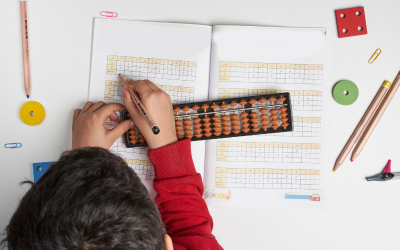
Abacus Skill as a Secret Weapon
The abacus can be considered a “secret weapon” in mathematics.It is a powerful tool for mental calculation and numerical manipulation.The abacus enhances arithmetic skills and boosts mental math abilities.
While it may appear traditional, its effectiveness in developing mathematical proficiency is incomparable, making it a valuable asset and a somewhat “secret” tool for those seeking to excel in math.
Reasons Why Abacus Helps Young Children Develop Early Math Skills
Arithmetic Proficiency
Abacus learning, with its hands-on approach, enhances basic arithmetic skills like addition, subtraction, multiplication, and division, fostering proficiency crucial for academic and real-life success.
Brain Stimulation
The abacus stimulates brain activity by engaging both the logical and visual parts. Using it involves visualizing and manipulating beads, activating various brain regions. This mental exercise improves memory, problem-solving, and cognitive function.
Concentration and Focus
The abacus improves concentration and focus by requiring attention to each bead movement and calculation. With practice, it trains your brain to stay focused for longer periods and enhances concentration skills over time.
Fine Motor Skills Development
The abacus helps develop fine motor skills by requiring precise finger movements to manipulate the beads. This activity strengthens hand-eye coordination and enhances agility as learners practice moving the beads accurately along the rods.
Increased Confidence
Abacus training makes kids feel more confident because they can see themselves getting better at math. As they learn new skills and practice, they feel proud of their progress, which boosts their confidence even more.
Free
Abacus Lessons
For All
My abacus lessons are:
- Widely used method in Japan
- Step-by-step instruction
- Focus on the stambling points
- Video tutorials and practices
- Worksheet resources
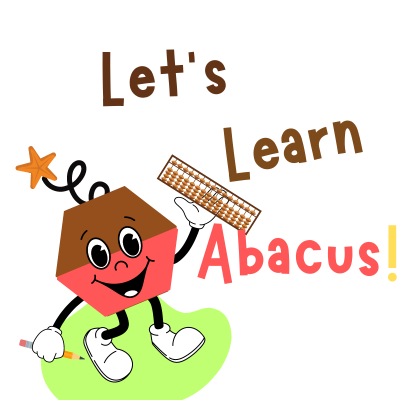
– Created especially for
parents to teach abacus to their children at home
What Makes Abacus Learning Successful?
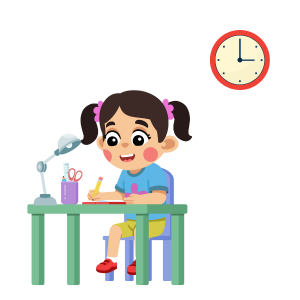
Regular Practice
Regularly practicing with the abacus is really important for getting better at it. There are certain rules and methods to learn and get good at, just like with sports or playing music. The more you practice, the easier these rules become, and your fingers start moving without you even thinking about it.
It’s like learning a sport or a musical instrument – consistent practice makes the rules and techniques feel natural. So, practice regularly not only to understand the abacus better but also to make your calculations smoother and more efficient.
Plus, as you practice, you will notice a boost in your mental math skills!
Parent's Support and Practice
Parental support is just as crucial as regular practice, especially considering that daily abacus practice may not always be enjoyable for young kids.
Understanding abacus requires mastering specific rules, which can be challenging for kids, even with lesson videos or guidance.
Parents provide crucial feedback and encouragement to keep children interested in learning abacus.
To maximize this collaborative learning experience, I encourage parents to join their children in learning abacus. This way, they can offer valuable feedback and support when needed, creating a supportive and engaging learning environment.
